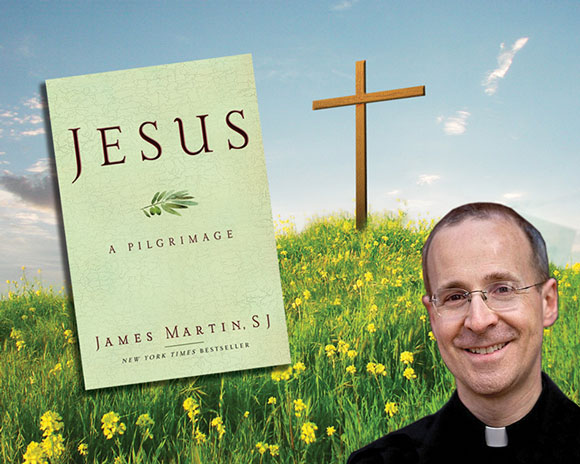I’m continually disturbed by how many young children find a loaded gun in their home, “play” with it (that’s always the word used), and end up shooting themselves–often fatally. For several years, I’ve been reading gunviolencearchive.org, which daily compiles stories of unintentional shootings and accidental discharges. Every time, there are stories about children shooting themselves.
- A 4-year-old girl shot herself with her father’s gun hidden in a couch.
- A 2-year-old, going to the kitchen in the night, shot himself with a gun in a kitchen cabinet.
- A 9-year-old found a gun in a car, and killed himself with a bullet to the chest.
- Two children are “playing” with a gun, and one gets shot.
- A girl, 5, found her Dad’s .45 handgun in a backpack in the bedroom and shot herself in the head.
- A boy, 5, shot himself in the hand with a gun found in an unsecured safe.
- A boy, 3, shot himself in the head with a gun left out in the bedroom.
- During a 3-day period in Memphis, three children accidentally shot themselves–boys 8 and 4, both of whom died, and a girl, 4. (Memphis leads the nation in accidental shootings of children.)
- A 10-year-old shot and killed his brother, 8, with a Glock found in their home. He thought it was a fake gun.
- A 4-year-old boy died after shooting himself with a gun found at a babysitter’s house.
In one gun class Pam and I took, the instructor said kids always have some instinct to look down the barrel of a gun. Shudder.
Usually, accidental shootings happens at home. Sometimes they are visiting a relative and find a hidden gun. Sometimes it’s not your kid, but somebody else staying overnight who finds the loaded gun that your own kid has been taught to leave alone. Sometimes, it’s a gun kept in the car; the mom runs into the store, and the child finds the gun in the console or under the seat. There are a zillion scenarios.
Growing up, us cousins would hang out in my grandpa’s utility room, where a shotgun, a .22 rifle, and a handgun hung on the wall. We NEVER touched them. Dad told me recently that, as a young father, he worried about that, knowing the guns were loaded. But really, we left them alone. (If any of my cousins want to confess to something, feel free.) But kids can be curious.
In some states, it is illegal to leave a firearm where an unsupervised minor can access it. In many of the stories I read on gunviolencearchive, it’s chalked up as a terrible accident. But in many other stories, the parent is arrested.
No matter how well you train your own kids regarding weapons in your own home, you can’t speak for what will happen when your kid goes to somebody else’s home with other people’s kids, or when other people’s kids come to your own home. I’ve read articles about how today’s parents sometimes, before allowing their kid to visit another home, ask about the presence of firearms there. It’s not a matter of being anti-gun. It’s smart parenting.
All across the country, the clear trend is to loosen gun laws. I’m not a fan of that, especially with so many child shootings occurring.






